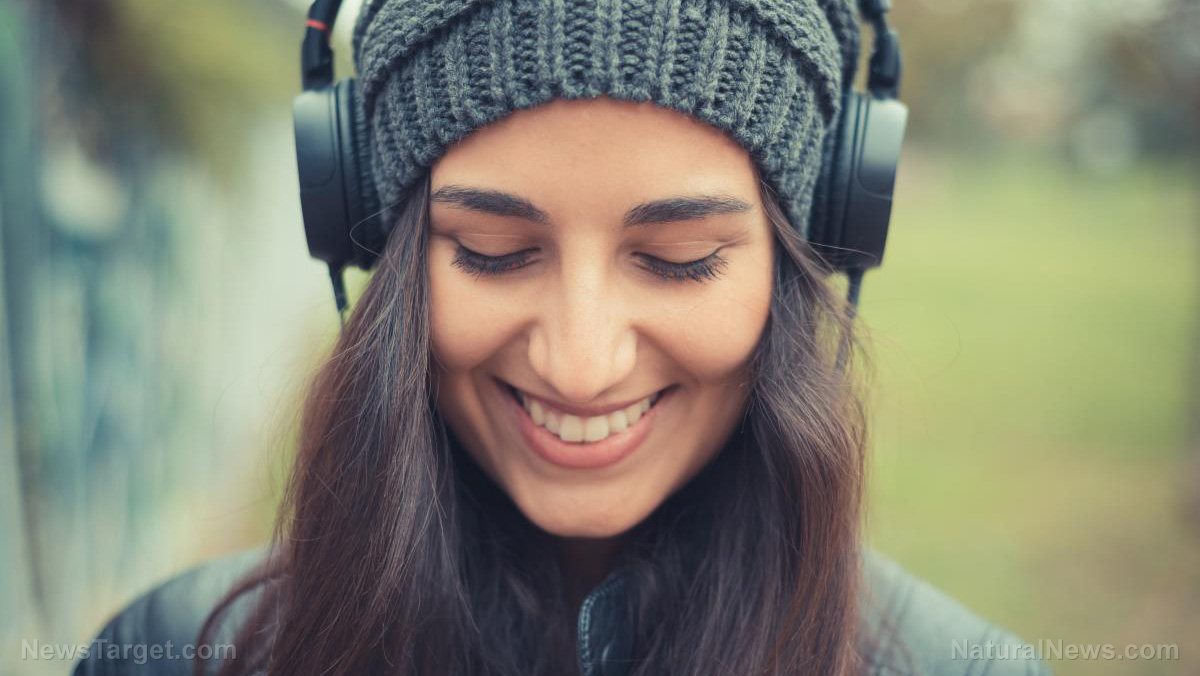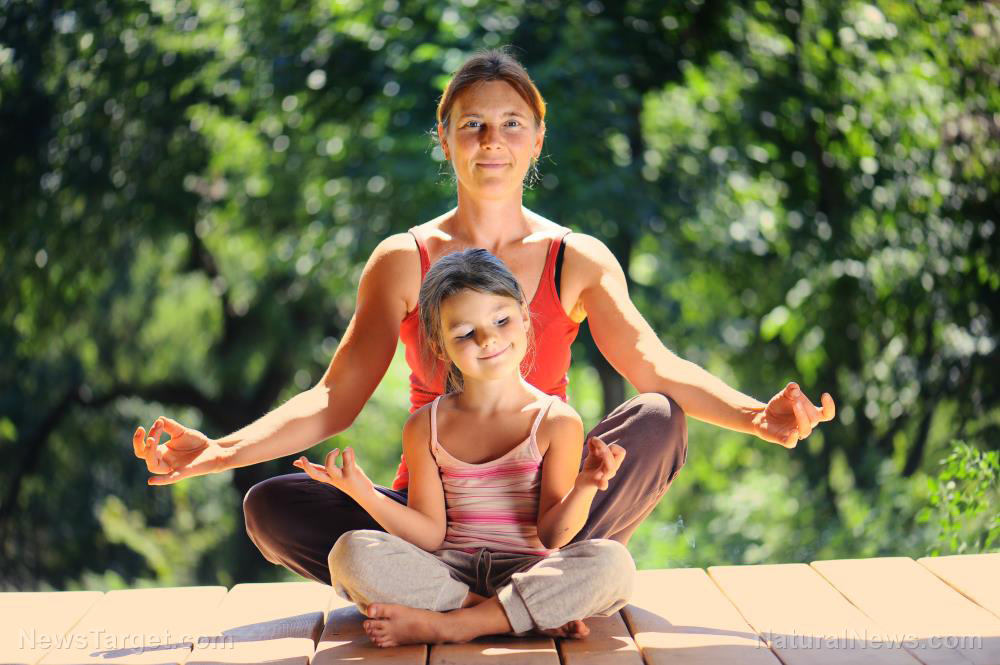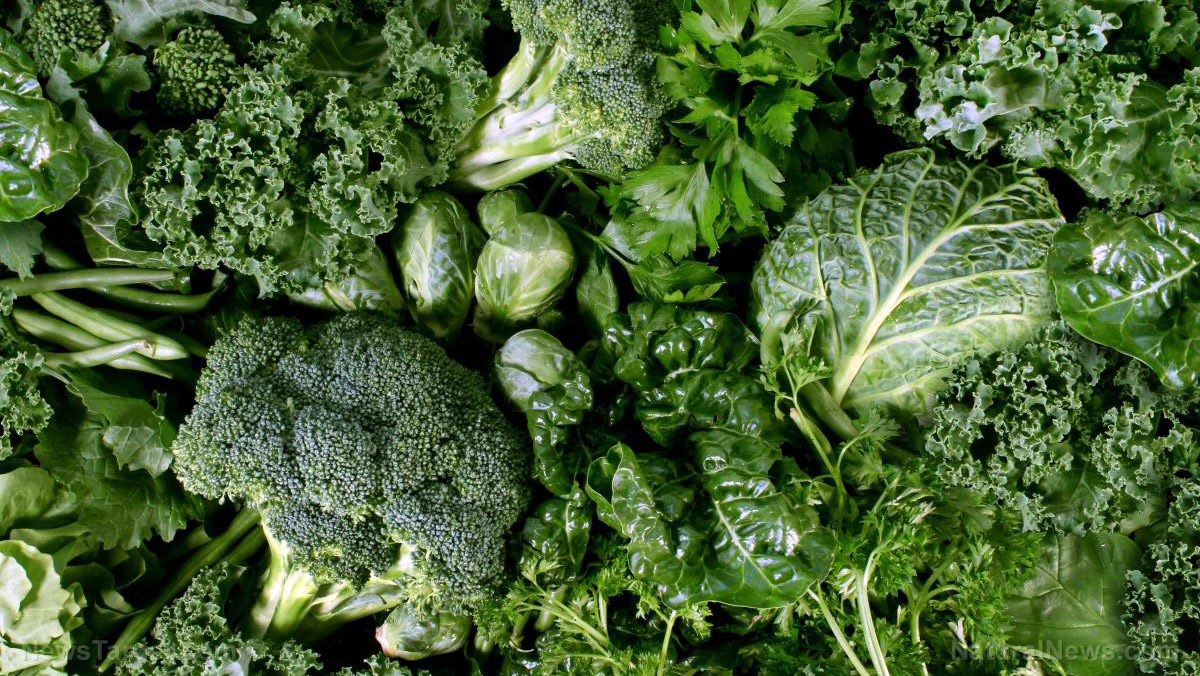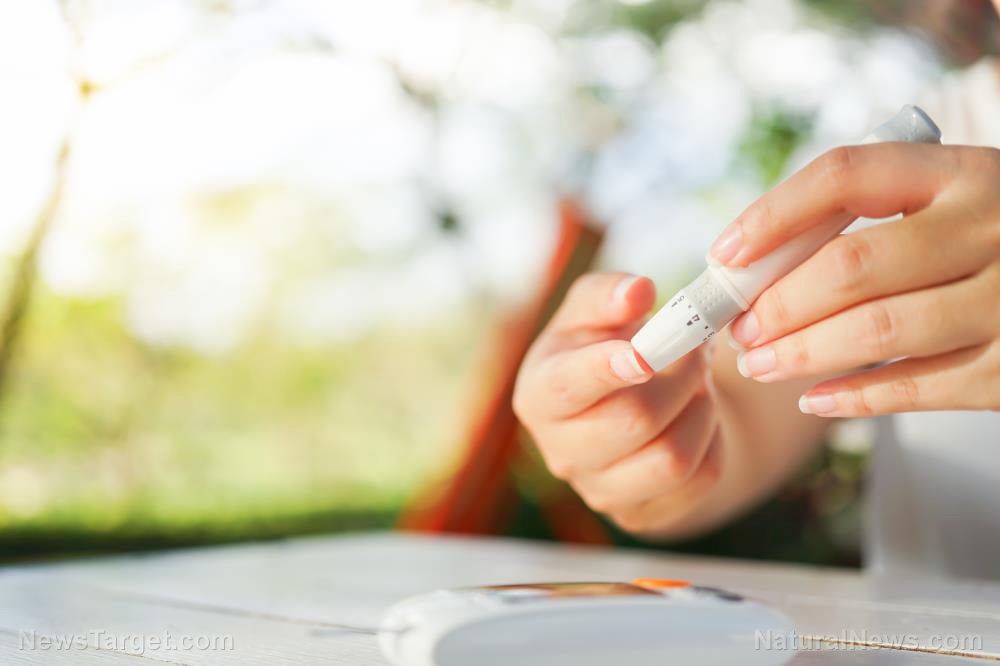Herbs for anxiety: Experts share the science behind some that are most effective
01/11/2018 / By Isabelle Z.
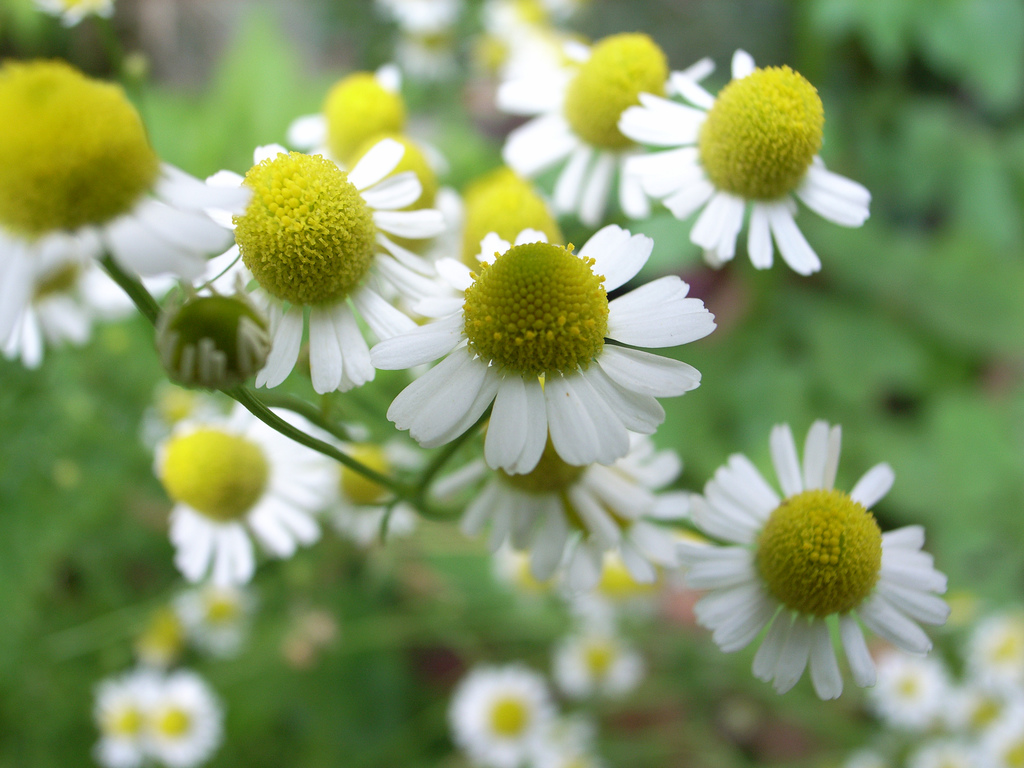
As the most common mental illness in America, almost a fifth of the population suffers from anxiety disorders each year. This feeling of fear, unease or worry can range from mild to severe and can also signify conditions such as phobias, panic disorder, social anxiety disorder, and post-traumatic stress disorder. Anti-anxiety meds only give people even more to be anxious about given their long list of side effects, so many sufferers turn to herbs to help cope with their condition.
A team of researchers from the University of Melbourne recently examined several of the herbs that people take for anxiety to assess their efficacy. They studied the effects that these supplements have on one of the primary neurotransmitters in the body, GABA, which serves to calm the central nervous system. Here is a look at their findings.
Kava
Kava has been used in traditional medicine in the South Pacific for hundreds of years as a mood-elevating drink. It has been shown in studies to help alleviate short-term anxiety, but there are some concerns about liver toxicity. This has prompted it to be banned in the U.K. It is still sold in the U.S., albeit with an FDA consumer advisory. In the four cases where kava use resulted in a liver transplant and the one fatality linked to it, the individuals had been using kava alongside other liver-damaging drugs or alcohol. That’s why those who are willing to take a chance with kava should always ensure that their supplements come from trusted sources and do not contain other liver-damaging ingredients, toxins or alcohol.
Passionflower
If you’re looking for something with less risk, passionflower, or passiflora incarnata, has been used traditionally in Europe and the Americas for insomnia and anxiety. Indeed, University of Maryland Medical Center experts say the herb can work just as well as tranquilizer drugs like Serax at addressing anxiety. Although it doesn’t kick in as quickly, they say it causes less impairment to job performance. Other studies have shown that patients who took passionflower prior to surgery experienced less anxiety than people given a placebo.
Chamomile
Chamomile is another traditional remedy that has been shown to have a very calming effect. This daisy-like flower has long been used in teas because of its ability to soothe and induce sleep, which is believed to be due to its flavonoids binding to the benzodiazepine receptors in the brain.
Indian Ginseng
Also called ashwagandha, Indian ginseng has been used for thousands of years in Ayurvedic medicine to deal with anxiety and low energy. A 2012 Indian study found it reduced the levels of the stress hormone cortisol in people who took it.
Valerian
The root of this perennial flowering plant has long been used to take the edge off anxiety as well as insomnia and nervous restlessness, and research has supported the idea that it can ease insomnia. In fact, it has been approved by German authorities as a mild sedative, and the FDA classifies it as “generally recognized as safe.”
While there are many natural remedies that can make a difference when it comes to anxiety, the researchers noted that several of the herbs that some people take for anxiety are ineffective, including skullcap, lemon balm, maiden hair and hops.
When it comes to herbal supplements, it’s vital to turn to trusted sources or you could end up giving yourself even more to be anxious about. Tests carried out by CWC Labs have uncovered problems like lead in certain ashwagandha and ginger supplements, for example, underscoring the importance of ensuring your herbs come from safety-minded suppliers and have been tested rigorously for toxins.
Follow more news on medicinal herbs at Herbs.news.
Sources include:
Tagged Under: Anxiety, anxiety relief, ashwagandha, chamomile, gooddhealth, herbal medicine, Herbs, Indian ginseng, kava, kava kava, mental health, natural cures, natural medicine, natural remedies, passiflora, passionflower, phytochemicals, remedies, stress, traditional medicine, valerian
RECENT NEWS & ARTICLES
COPYRIGHT © 2017 MIND BODY SCIENCE NEWS


